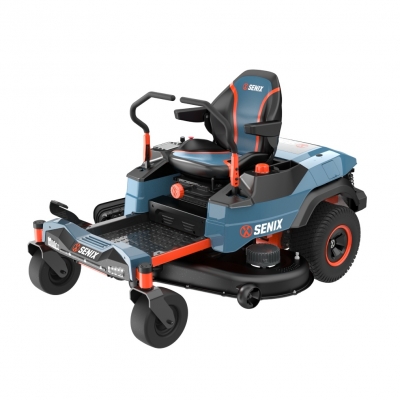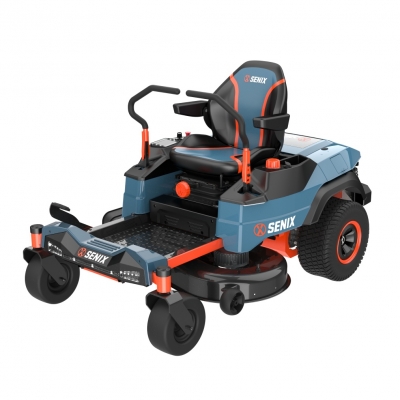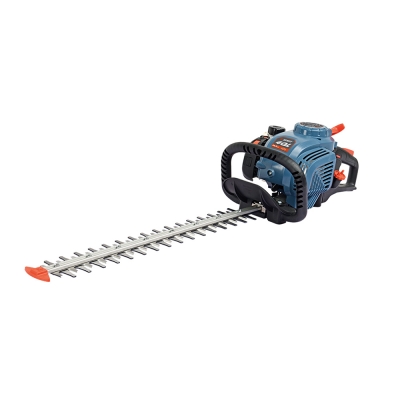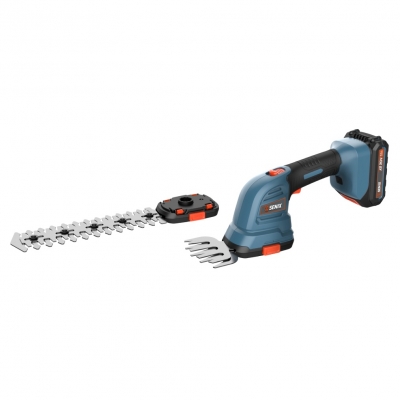When and How to Use a Hedge Trimmer
A well-shaped hedge doesn't just look good—it frames your garden and gives it structure. But getting those clean lines and healthy growth isn't just about owning a hedge trimmer; it's about knowing how and when to use it. Whether you're tidying up boxwoods or shaping taller privacy hedges, good results depend on more than just moving the blade back and forth.
Choose the Right Time of Year
For evergreens (e.g., boxwood, yew): Trim lightly in spring and again in late summer if needed. Avoid trimming in fall to prevent frost damage to new growth.
For deciduous shrubs: Late winter or early spring (before buds open) is best for shaping and size control.
Avoid hot, dry days to prevent moisture stress on freshly cut leaves.
Start With Sharp, Clean Blades
Dull blades tear instead of slice, which stresses the plant and can cause browning or disease. Clean your blades before and after use to prevent the spread of fungus or pests—especially if trimming multiple types of plants.
Use the Right Technique
For straight sides: Move the trimmer in smooth, sweeping motions from bottom to top.
For rounded tops: Use small arcs and let the blade do the work—don’t force it.
Step back often to check symmetry and avoid over-trimming. Mistakes are harder to fix than to prevent.
Trim Gradually
Never remove more than one-third of the hedge's height or depth at a time. Heavy cutting can shock the plant and stunt regrowth. For thick or overgrown hedges, plan to shape them over a couple of seasons.
Maintain a Tapered Shape
Hedges should be wider at the base and narrower at the top. This shape ensures sunlight reaches the lower branches, keeping the entire plant full and green.
Use Support Tools If Needed
For tall or wide hedges, use a pole hedge trimmer or a ladder with caution. Always wear eye protection, gloves, and long sleeves to avoid contact with thorns or debris.
Clean Up Thoroughly
Fallen trimmings left at the base can harbor pests or block moisture from reaching roots. A leaf blower or garden rake works well to clear debris quickly.
Mastering the hedge trimmer isn't about speed—it's about control, timing, and consistency. With the right approach, even beginner gardeners can achieve crisp lines and thriving greenery without calling in the pros.


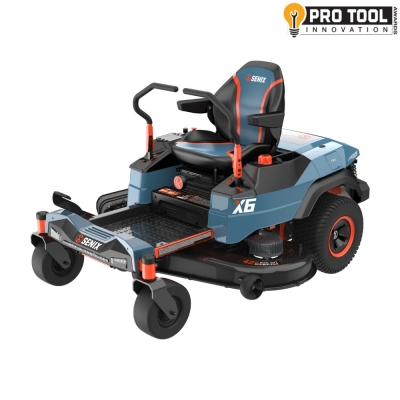
 (5.0)
(5.0)